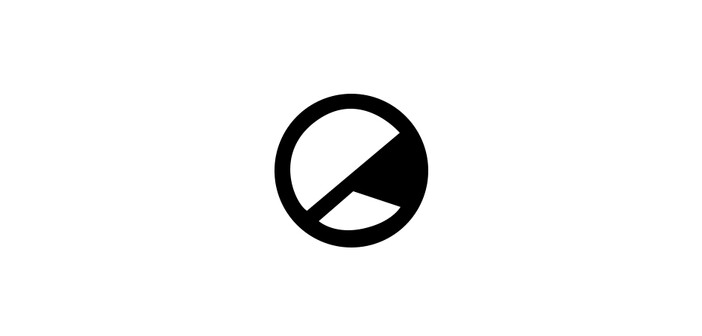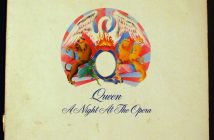The Eurovision song contest celebrates its 60th anniversary today.
Held for the first time in Lugano, Switzerland, at the Teatro Kursaal, on 24th May 1956, the contest was inspired by the Italian Sanremo Festival. The idea to organise a European song contest was first conceived in 1955 during a meeting of the European Broadcasting Union in Monaco.
The first concert was primarily a radio show, although some cameras were taping the contest. The programme was first hosted by Lohengrin Filipello and lasted for one hour and 40 minutes. There were seven participating countries, each performing two songs with an orchestra of 24 musicians led by Fernando Paggi. The winner of the very first concert was Swiss contestant, Lys Assia, with the song ‘Refrain’.
The first Junior Eurovision song contest was held in 2003, while in 2008, the number of countries represented hit a new record with 43 countries performing after Azerbaijan and San Marino joining the contest. For the 50th anniversary, a poll was opened to choose the best Eurovision winning song of all time. To no surprise, the top entry was ABBA with their 1974 song ‘Waterloo,’ which to this day is the most successful Eurovision song. In 2015, Australia was the first non-Eurasian country to participate at the contest since Morocco in 1980.
Broadcasted without any interruption since 1956, the Eurovision song contest is definitely one of the longest-running television programs in the world. Indeed, even though it is an European contest, the show is broadcasted throughout the world in countries such as Canada, Egypt, Hong Kong, and India.
The 60th annual Eurovision contest took place on 14th May 2016, with Ukraine’s entry Jamala coming out on top with her song ‘1944’.
https://www.youtube.com/watch?v=BQn1gJdVKi4




